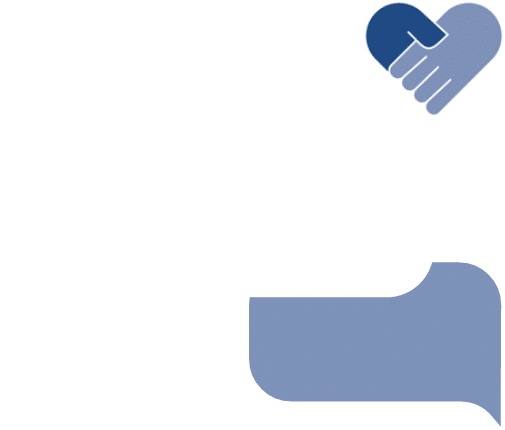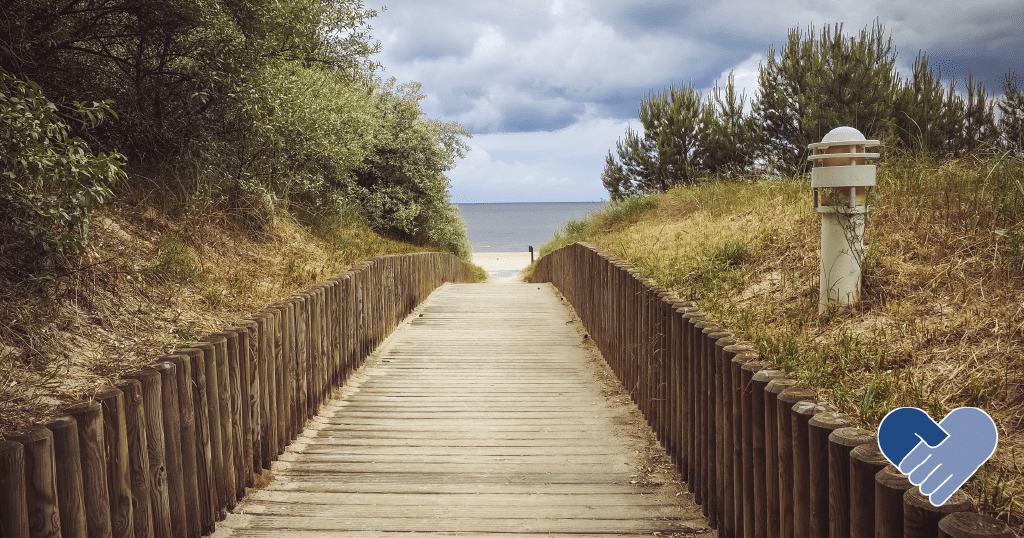Addiction and Mental Health Intervention Services in Washington, D.C.
Our S.A.F.E.® (Self Awareness Family Education™) Intervention Services & Family Recovery Coaching in Washington, D.C., and surrounding areas provide families guidance with a loved one experiencing Addiction and Mental Health Concerns.
Most of our inquiries about addiction and mental health intervention services in Washington, D.C., are from families in nearby Maryland and Virginia. Regardless of where you are in the region, we hope to help you understand that you do not have to wait for your loved one to ask for help or hit bottom. Families are often told that waiting for the bottom and their loved one surrendering on their own are the only options, which is not valid. This belief is dangerous for both the family and the loved one struggling with mental health, drug addiction, and alcohol issues. Our S.A.F.E.® intervention services look at the entire family system that has been affected and educate families on what needs to change for their loved ones to see the need for change. Often, families are unaware that some of their actions may prevent their loved one from feeling at the bottom or seeing the need for help.
Families in Washington, D.C., the surrounding area, and elsewhere often have similar reasons why they are afraid to retain intervention services for their loved one’s addiction and mental health problems. Two of the biggest reasons are the fear of the unknown and the fear of change. The most common excuses we hear are, “The intervention will never work, the intervention will make it worse, and they will never say yes and go to treatment.” Many of the excuses we hear are hidden behind the real reasons for not addressing the problem effectively. When a family surrenders and puts their loved ones’ well-being before their fears, they can start improving the situation for all affected. When you’re making excuses not to help your loved one the right way, you are making it about you and your fears of the unknown and are scared off by what you think will happen after the intervention. We understand this, and it doesn’t make you wrong; it just doesn’t help you, your family, or your loved one.
How our Addiction and Mental Health Intervention Services work in Washington, D.C., the surrounding area, and elsewhere.
Whether you are in Washington, D.C., Maryland, Virginia, or elsewhere in the country, our intervention services are available nationwide. Families often look for the local intervention company, thinking they are the best fit because they are close by. The belief can undoubtedly be true, and often, it isn’t. Family First Intervention has interventionists all over the country, and it is not a guarantee our local interventionist is the one sent to your home. A clinical intervention in nature is not a local person in recovery coming to your home to inspire your loved one with hope and then take off for treatment. An intervention requires a team of professionals to assist with the process before, during, and after. The meeting with your loved one about entering treatment is the easiest part, and the part families fear the most. Families fear interaction the most because, like most, they are unaware of what a professional intervention is.
The hardest part for a family is changing their behavior, setting boundaries with their loved ones, and accepting the change that comes with an intervention. For most interventionists on a one-person team, delivering effective intervention services through clinical definition is physically impossible. They can’t check all the boxes required to bring an entire family into their recovery and the loved one’s recovery through professional collaboration. If all a family desires are the shortcut of a person in recovery to come to your home and talk to your loved one about entering treatment, we suggest you ask some members at your local Alcoholics or Narcotics Anonymous meetings to come over; they will do that for free. Our process works because it addresses the whole family, your loved one, and the environment, one of the number one predictors of outcomes. With over twenty interventionists and several family recovery coaches on staff, we can also check the box off on the other number one predictor of outcomes: the client-counselor relationship. Having a local person you find online or referred to by a local treatment center can’t check the boxes off on the two number one predictors of outcomes. Please consider this before you go with what feels best and comfortable.
Meet Our Experienced Intervention Counselors
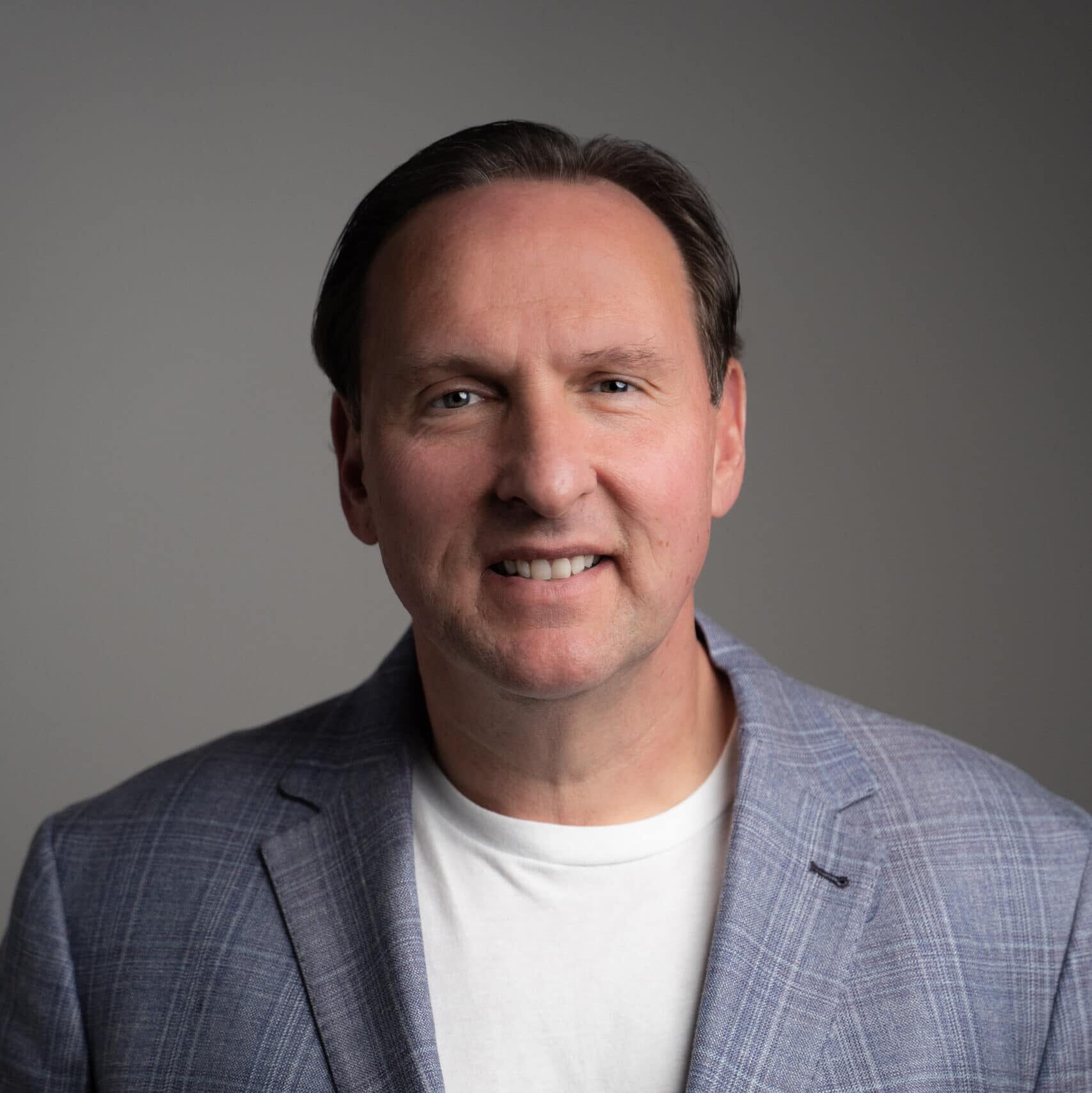
Mike Loverde, MHS, CIP
Clinical Director & Founder, Family First Intervention



Lisa Loverde, CADC
CFO & Compliance Officer
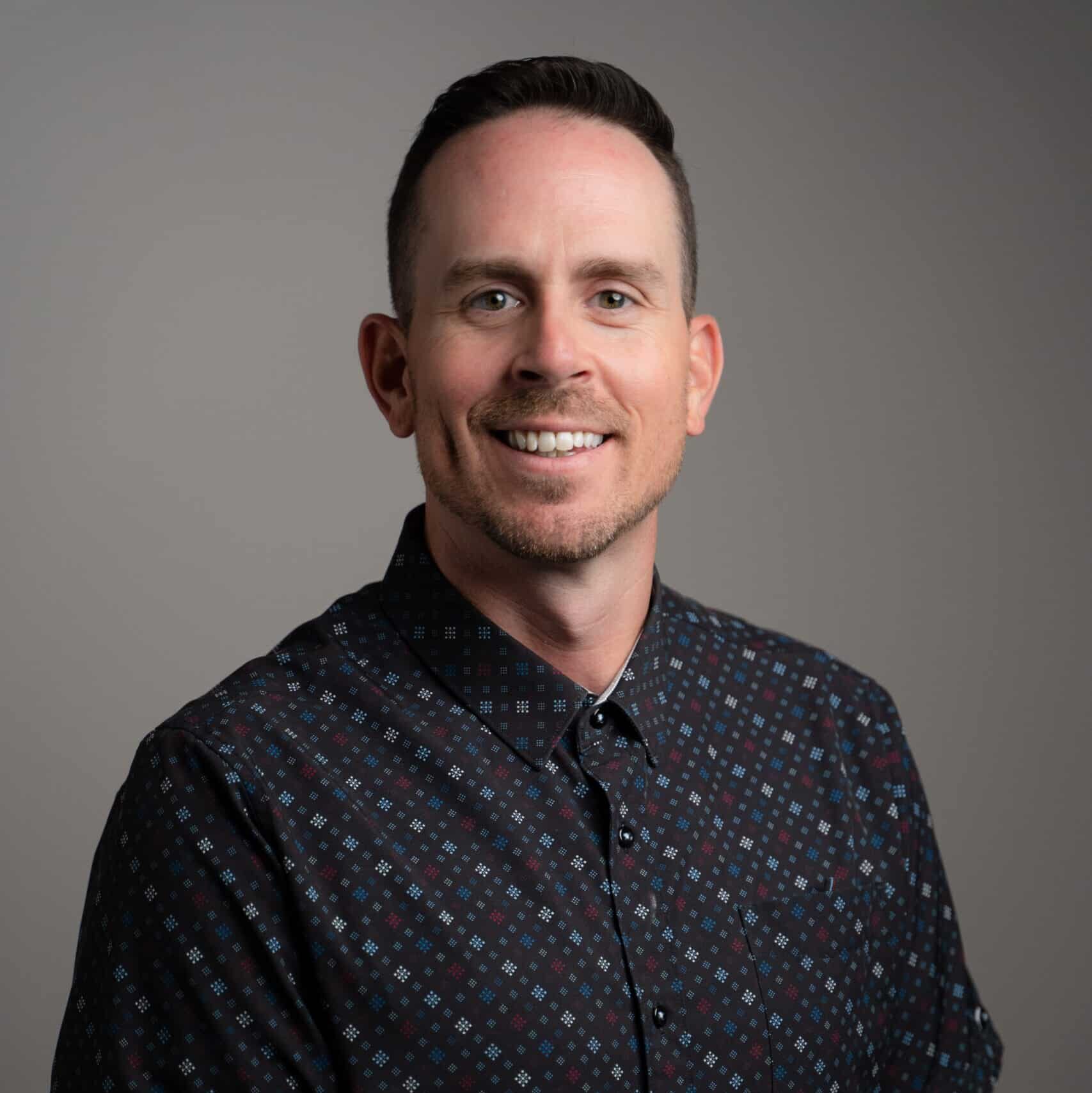


Adam Faulkner
CEO



Jeff Lukas
COO
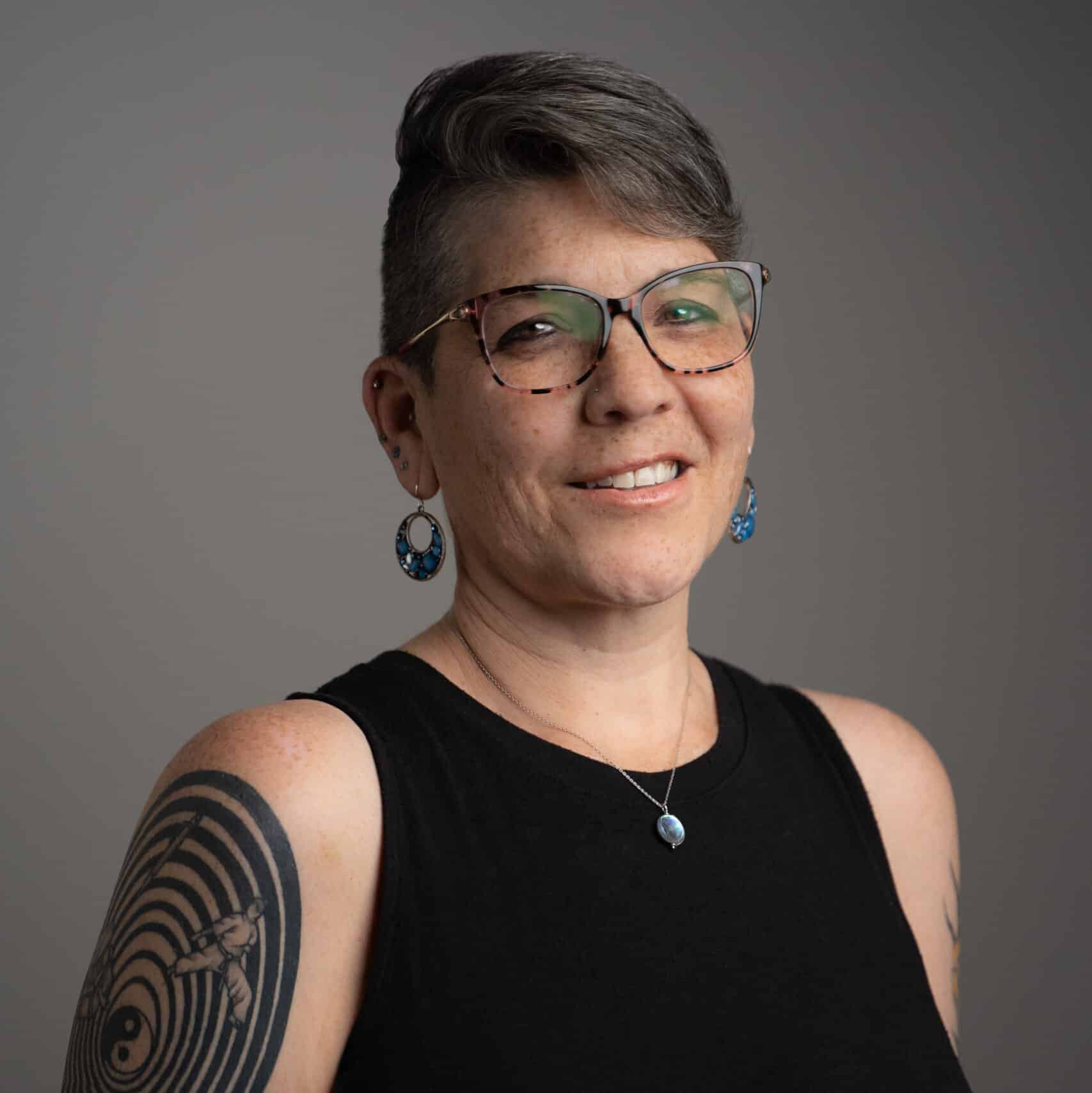


Regina Greene, MS, NLP
Director of S.A.F.E.® Family Recovery
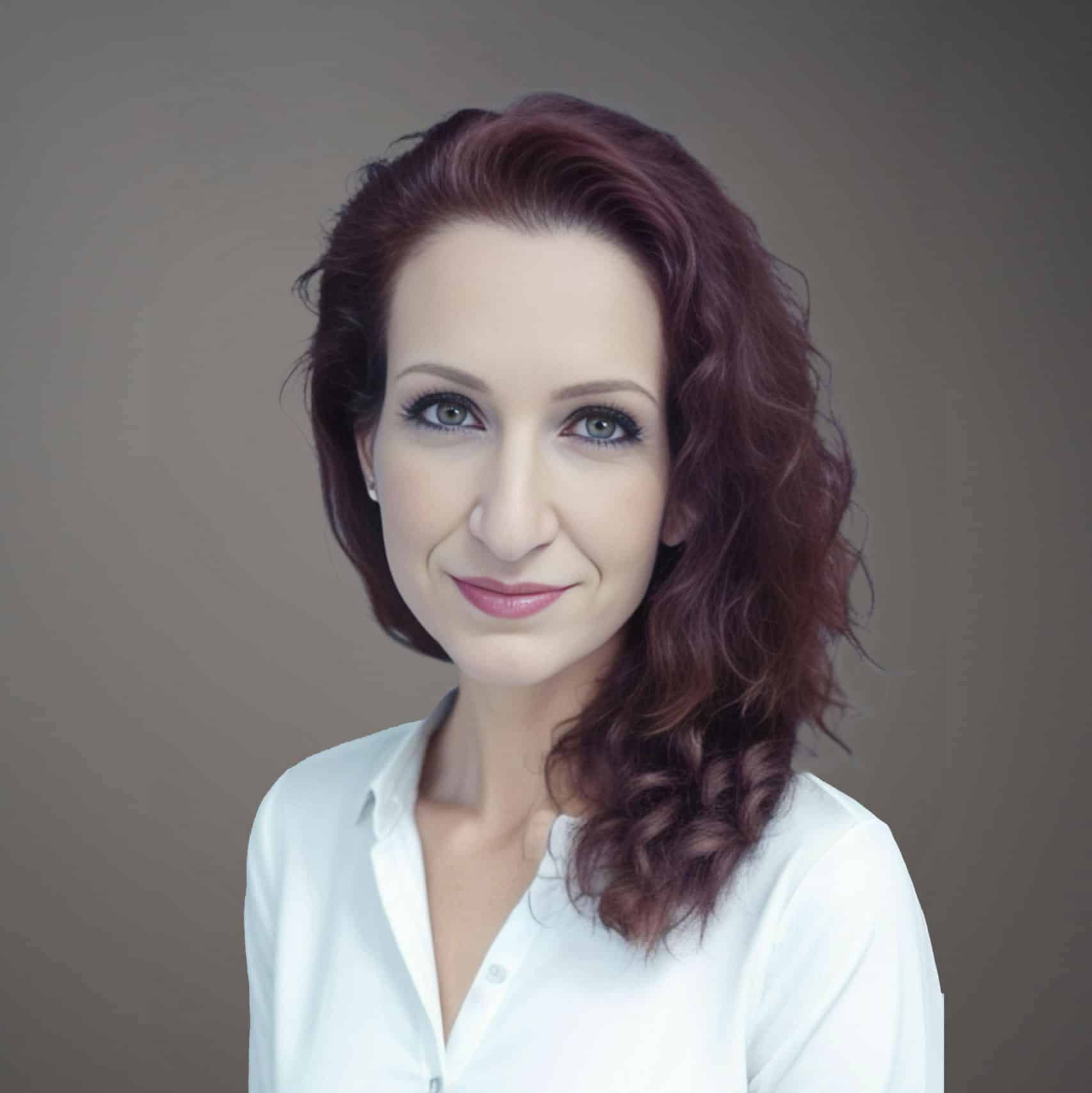


Lydia Negron, MT-BC
S.A.F.E.® Family Recovery & Post Intervention Support
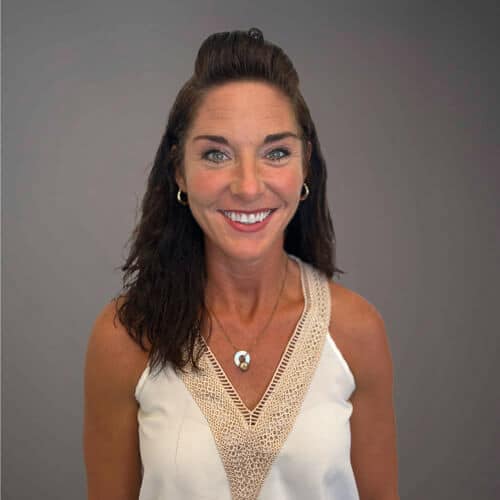


Meghan Gaydos, MA
S.A.F.E.® Family Recovery & Post Intervention Support
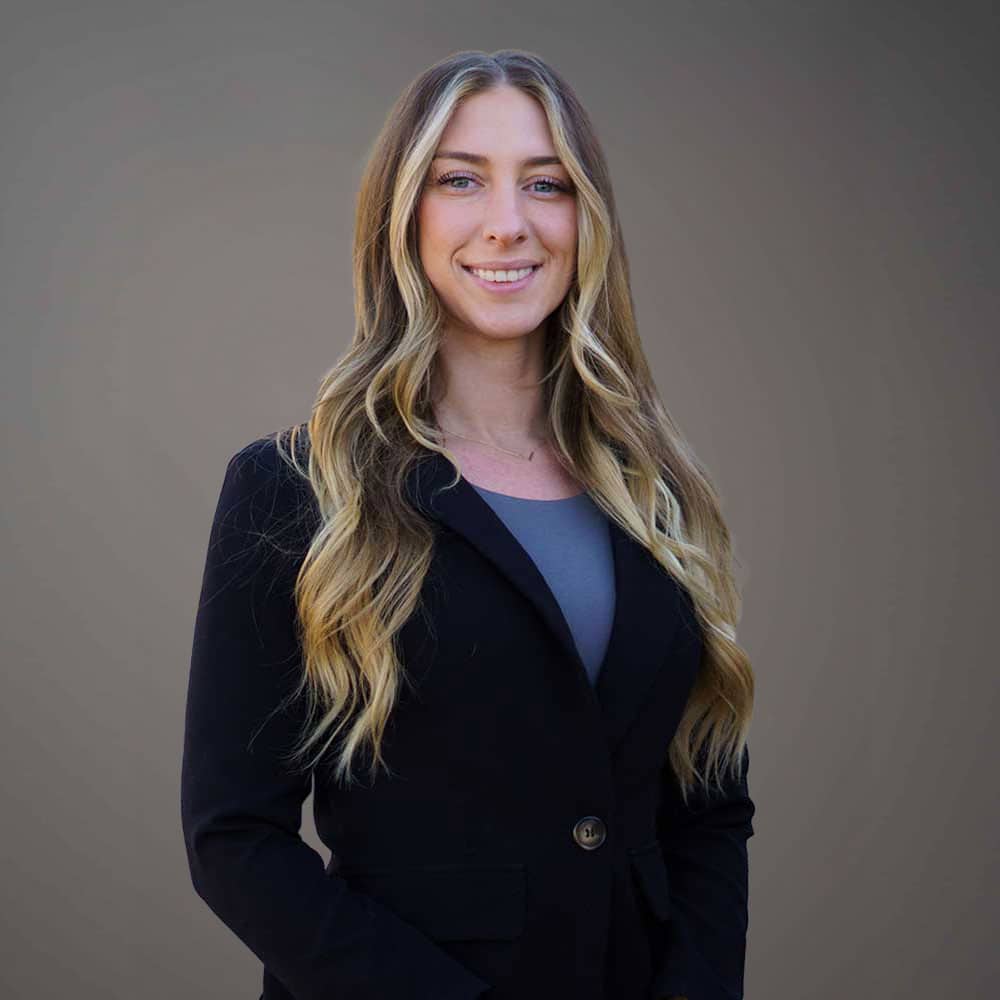


Alaina Fountain
Intervention Coordinator



Megan Torrez
Intervention Coordinator
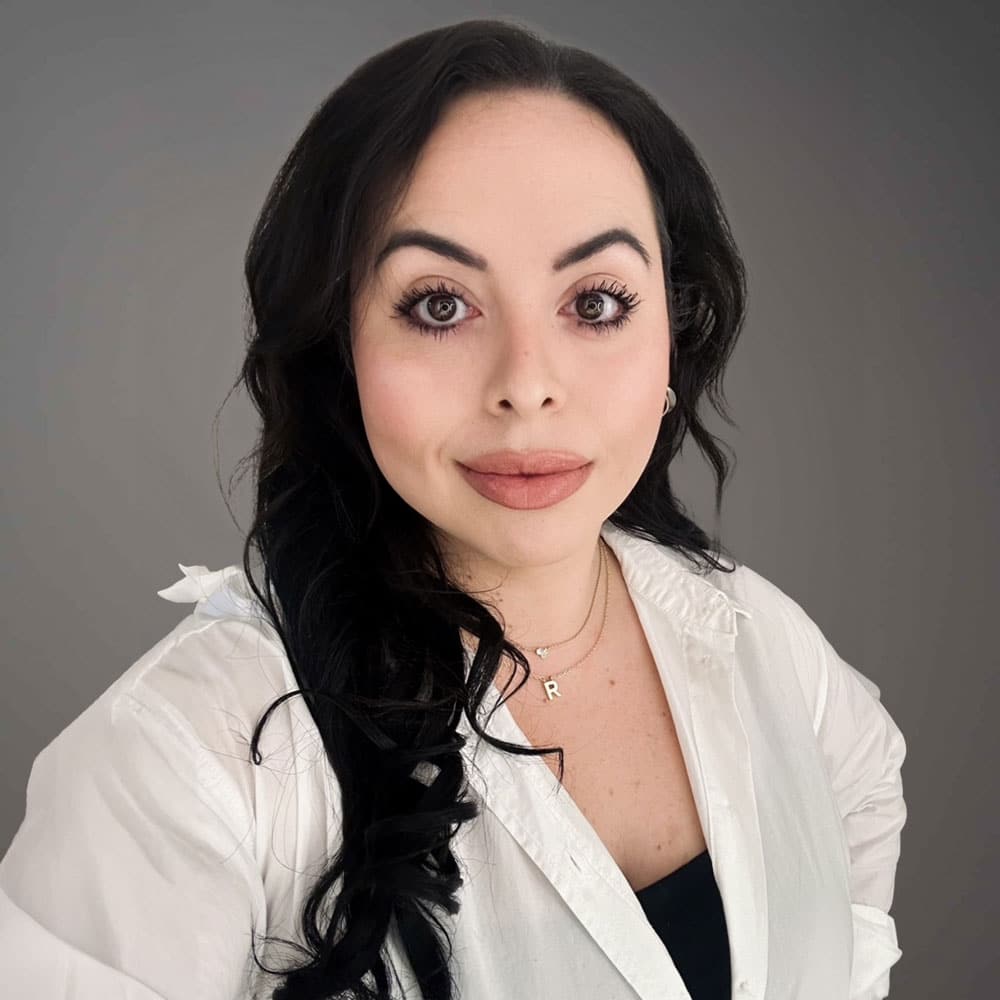


Natali Chuvala
Intervention Coordinator
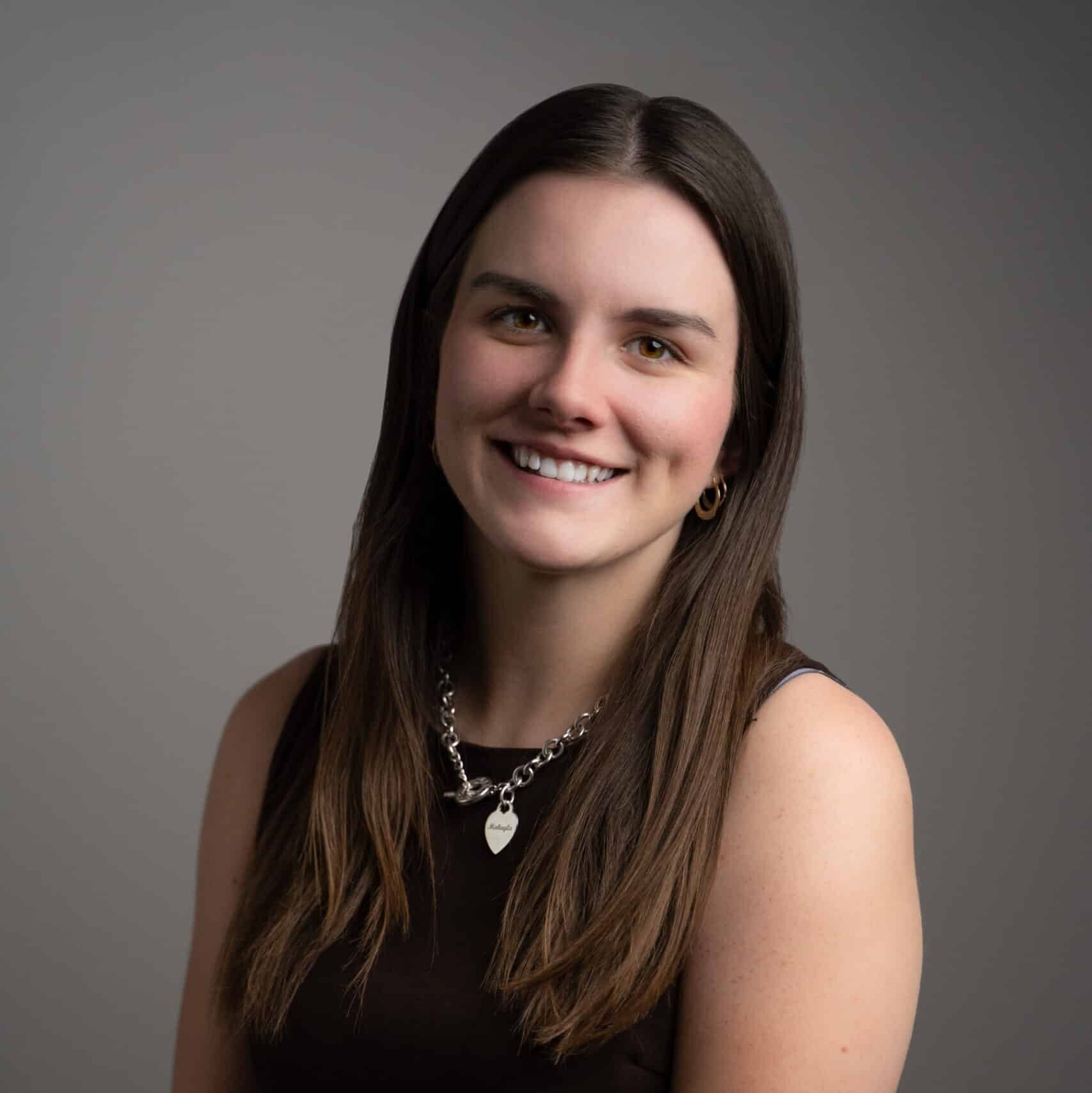


Makayla Zubal
Administrative Assistant
An intervention is not about how to control your loved one with a substance use or mental health disorder; it is about learning how to let go of believing you can.
What to Expect After Your Intervention
The answer to this question depends on who you hire to help your family and loved ones. Before we go any further, if anyone reading this feels we are pushing you towards Family First Intervention, we are not. We are moving you away from making the mistake we have seen thousands of families make. The mistake we are referring to is making decisions based on comfort and simplicity and bringing in the local interventionist, who is not equipped to deliver a professional intervention. The local interventionist may help your loved one see the need for treatment, and it most likely will not get you any more than that. There is a science and clinical protocol for addiction and mental health intervention, and it involves bringing in the family for collaboration. Suppose your interventionist cannot work extensively with your family and your loved one’s treatment team. In that case, they cannot do an intervention and offer only a free service, a twelve-step call.
We have seen too many and have had too many families come to us after they went the comfortable route. There is no comfortable route in the treatment of addiction and mental health; it is hard. If it weren’t difficult, there would be a lot less people who have addictions and mental health problems and a lot less families living the nightmare. Even so, many families still do not act out of fear, family dysfunction, family secrets, and maladaptive coping strategies, to name a few. If your family in Washington, D.C., the surrounding area, or elsewhere is ready to surrender and let the professionals take over, we can help. We know this is a difficult decision, and change is hard; this is the foundation on which Family First Intervention was built.
“The most formidable challenge we professionals face is families not accepting our suggested solutions. Rather, they only hear us challenging theirs. Interventions are as much about families letting go of old ideas as they are about being open to new ones. Before a family can do something about the problem, they must stop allowing the problem to persist. These same thoughts and principles apply to your loved one in need of help.”
Mike Loverde, MHS, CIP


